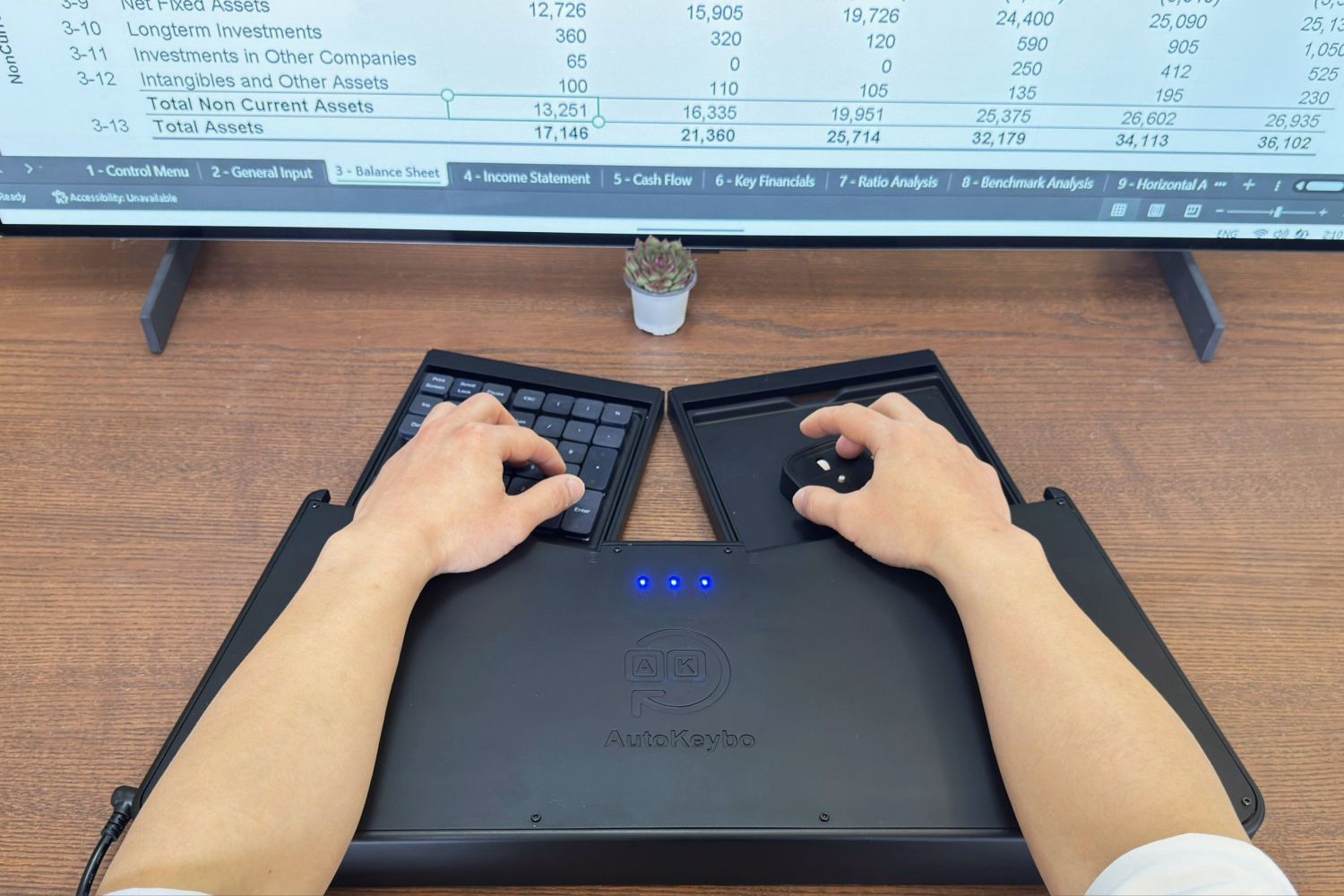 By Evan Ackerman
By Evan Ackerman
Google announced their new Chrome operating system yesterday, and as you’d expect from Google, it’s something innovative and entirely online, since as Google points out, we’re all online almost all the time anyway. At its heart, Chrome OS is just a browser, and all the applications that you’re used to having on your computer run as web applications (like Google Docs). A key difference from traditional web apps, though, is that Chrome will be able to harness some of the powers of the computer that it’s running on, thanks to the next generation of HTML, HTML 5. Like a browser, Chrome OS will start in mere seconds, and it’s designed specifically for netbooks. In a nutshell: Chrome OS is just like Google’s Chrome browser, except it’ll run web based applications that give it the functionality of a conventional operating system. While a developers build is available now, Chrome OS will officially launch sometime next year.
More, after the jump.
Now, I think that this is a great idea in a lot of ways. I <3 the cloud. It's where most of my work lives... I use Google Reader and Google Docs extensively, and it's liberating to be able to access all of my stuff instantly on any computer while never having to worry about backing up my data. The problem is that too much of what people do on computers that's not in the cloud already (i.e. internet, email) requires the local memory and processing resources of a physical computer. You know, things like audio, video, and gaming. It’s great that Google OS is integrating existing web services like Google Docs and Hulu and stuff into one streamlined interface, but that convenience is just not enough incentive for me to abandon things like local storage and local oomph for applications like Photoshop. What’s it going to take? Easy: way faster internet, available everywhere, since the cloud is no good if you can’t access it. I’m talking about internet that’s fast enough that Google can run Photoshop for me and I don’t need a computer with oomph, like what OnLive is trying to do with video games.
So, in summary, I’d say that Chrome OS is an excellent direction for Google to be taking, but for it to really take off, infrastructure needs to develop to the point where internet is everywhere and it can consistently deliver information at speeds that allow server-side storage and applications to replace local content and hardware. And this will happen, just not quite yet. Until then, Chrome OS is going to be a bit of a niche market, but it’s certainly appropriate for netbooks and other platforms that are geared mostly for online use anyway.










